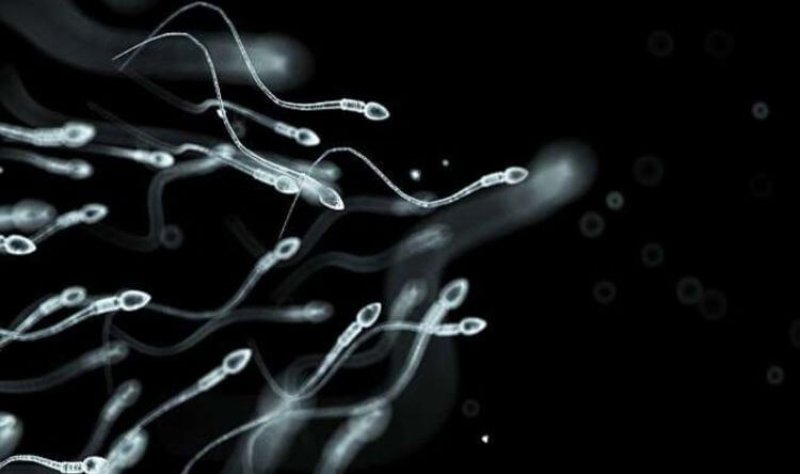In the wild uproar around an experiment in China that created twin girls whose genes were altered to protect them from HIV, there’s something worth knowing—research to improve the next generation of humans is happening in the US, too.
In fact, it’s about to happen at Harvard University.
At the school’s Stem Cell Institute, IVF doctor and scientist Werner Neuhausser says he plans to begin using CRISPR, the gene-editing tool, to change the DNA code inside sperm cells. The objective: to show whether it is possible to create IVF babies with a greatly reduced risk of Alzheimer’s disease later in life.
To be clear, there are no embryos involved—no attempt to make a baby. …
Yet in its purpose the project is similar to the work undertaken in China and raises the same fundamental question: does society want children with genes tailored to prevent disease?
Since Sunday, when the CRISPR babies were unveiled, medical bodies and experts have ferociously condemned He Jiankui, the Chinese scientist responsible. …
Amid the condemnation, though, it was easy to lose track of what the key experts were saying. Technology to alter heredity is for real. It is improving very quickly, it has features that will make it safe, and much wider exploratory use to create children could be justified soon.
Read full, original post: Despite CRISPR baby controversy, Harvard University will begin gene-editing sperm































